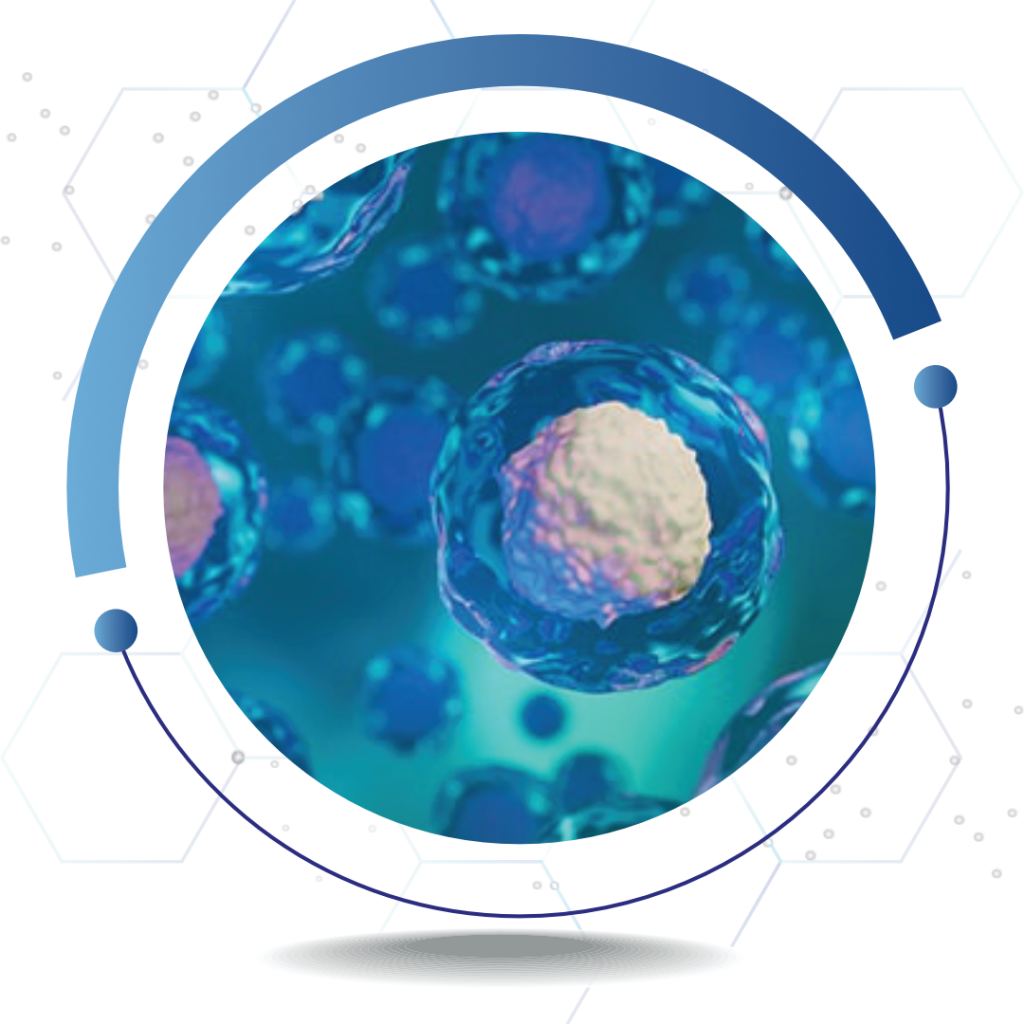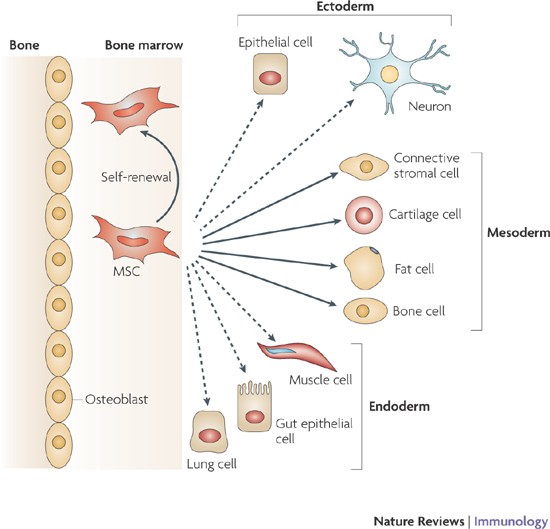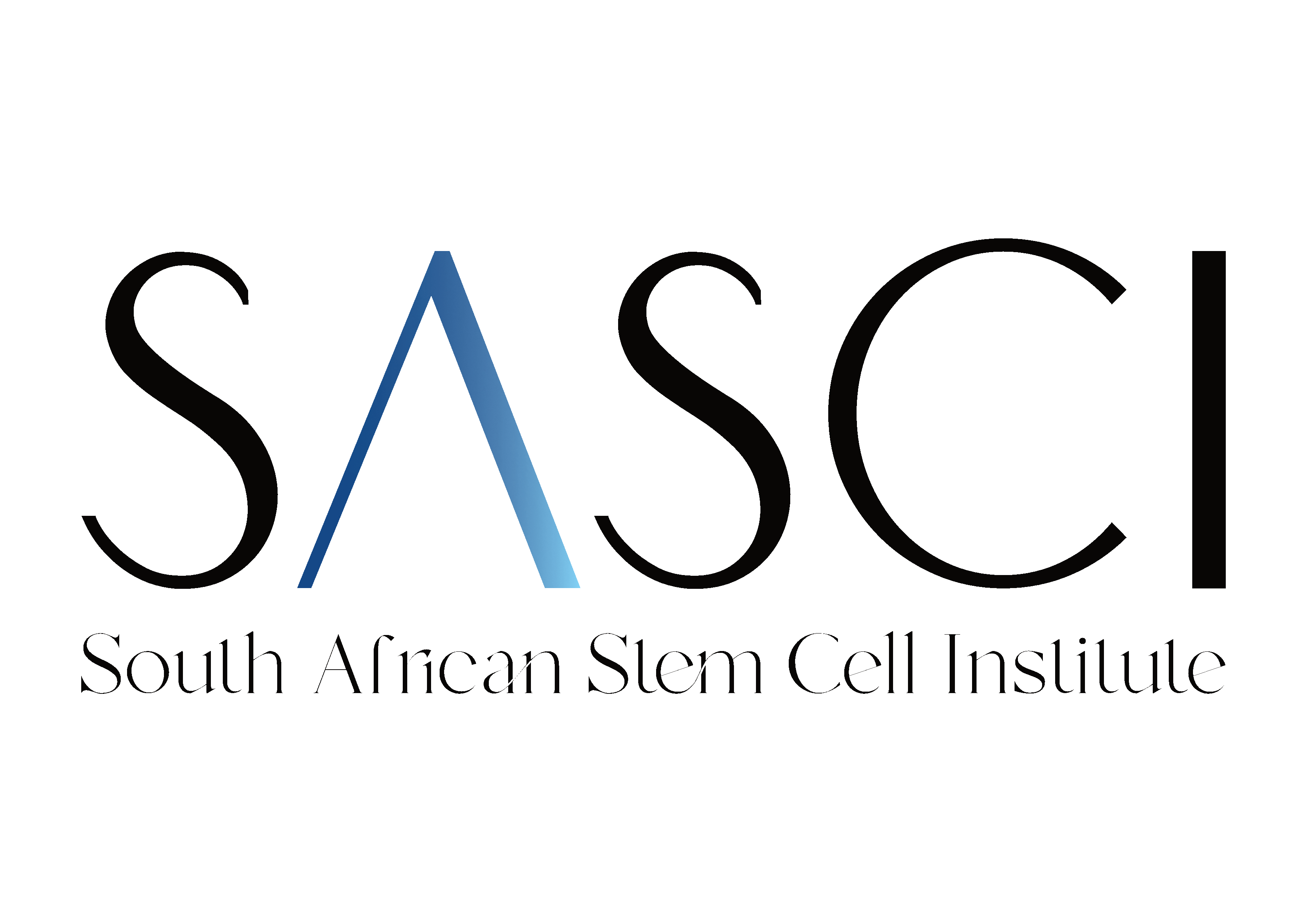ADULT STEM CELLS

Adult stem cells are undifferentiated cells that can be found throughout the body, maintaining the integrity of different tissues. They are often found among differentiated (mature) cells, replenishing these as they reach the end of their life cycle. While adult stem cells also possess the unique properties of self-renewal and differentiation, they are more limited in their differentiation capacity than their embryonic counterparts.
Adult stem cells can be categorised into predominantly two subtypes depending on their characteristics. One of these is Haematopoietic Stem Cells (HSCs) found in bone marrow, umbilical cord blood, and peripheral blood. These cells can differentiate into the different cells cells that form part of our immune system and blood. For decades HSC transplants have been used to treat more than 80 blood disorders and are routinely used today.
The other subset of adult stem cells is Mesenchymal Stem/Stromal Cells (MSCs). These cells are multipotent, self-renewing progenitors that are defined by their ability to differentiate into adipocytes (fat), chondrocytes (cartilage), and osteocytes (bone). MSCs can be isolated from numerous tissue sources, including adipose (fat), placental, dental pulp, and umbilical cord. Recent research has also shown that these cells also can differentiate into other mature cell lineages to produce cardiomyocytes (heart muscle tissue), endothelial cells (walls of blood vessels), hepatocytes (liver cells), and neural cells (nerve tissue). MSCs also have an immunomodulatory effect, making them particularly useful in researching autoimmune diseases. This also allows for the allogeneic (donor) use of MSCs.

Countless research has demonstrated how both HSCs and MSCs can be utilised to treat and manage various degenerative diseases. It has also been proven to be a versatile tool for scientists in developing new drugs, understanding the biology of conditions, and predicting the outcome of treatment protocols.
